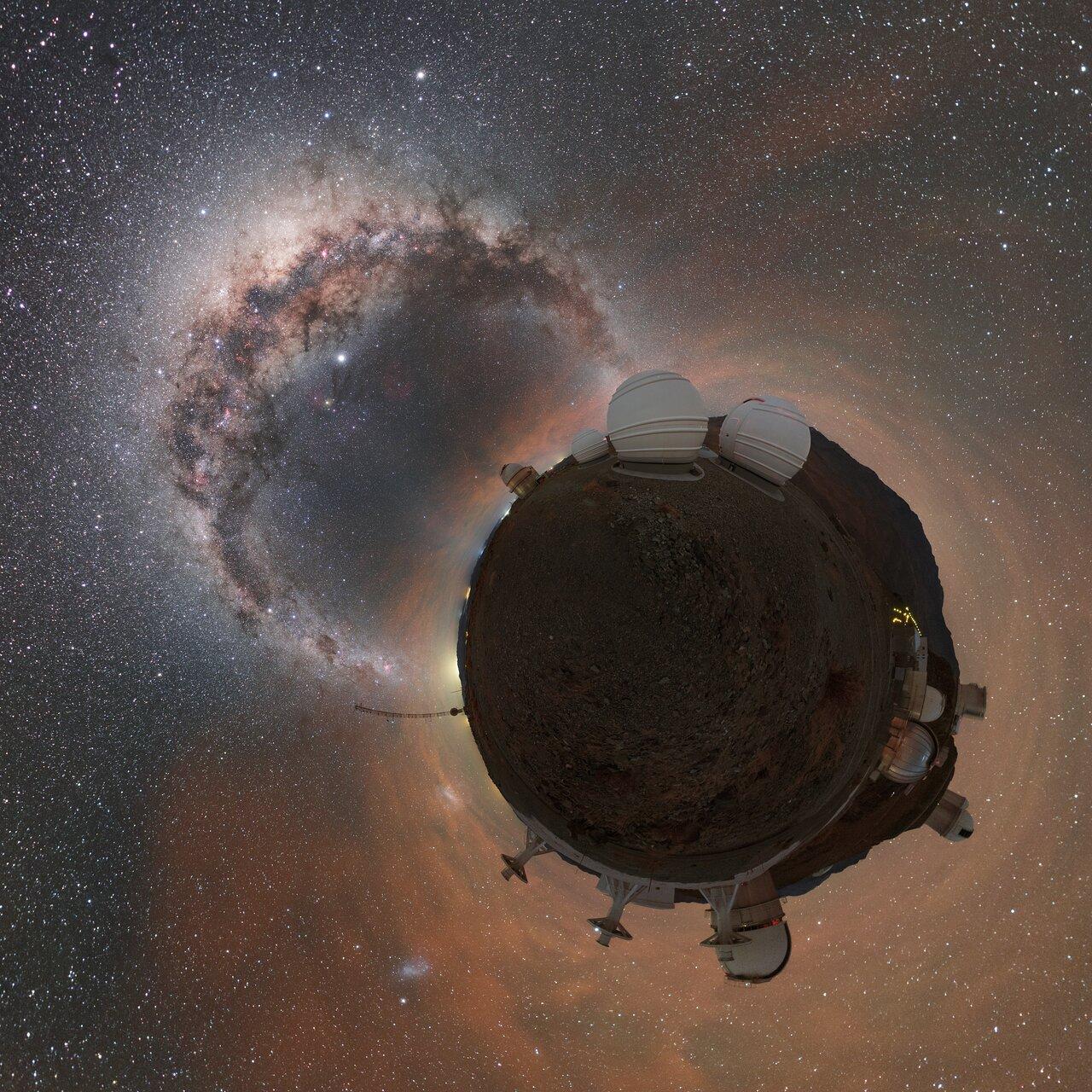In the dimly lit confines of a futuristic cityscape, where hovercars zip through neon-lit skies and AI companions converse with their human counterparts, the lines between imagination and reality blur. Modern science fiction films have long been a playground for the fantastical, a canvas where creators paint worlds that defy the ordinary. Yet, as the genre evolves, a subtle but significant shift has emerged. The importance of realism, once a distant afterthought in the realm of speculative fiction, now stands at the forefront, grounding these otherworldly narratives in the fabric of our everyday lives. This fusion of the real and the imagined not only heightens the believability of these tales but also deepens their resonance with audiences, offering reflections on contemporary issues through the lens of future possibilities. In this exploration, we delve into how realism has become an essential ingredient in the alchemy of modern science fiction cinema, transforming flights of fancy into mirrors of our own world.
Grounding Fantastical Worlds: How Realism Enhances Believability
In a genre where imagination often knows no bounds, the infusion of realism acts as a crucial anchor, making fantastical worlds more relatable and immersive. By integrating elements of the real world, modern science fiction films can create a sense of familiarity that helps audiences connect emotionally with the narrative. This approach not only enhances the story’s believability but also enriches the viewer’s experience, making the extraordinary feel just within reach.
Consider the following aspects that filmmakers often ground in realism to elevate their sci-fi worlds:
- Character Development: Complex, multi-dimensional characters with realistic emotions and motivations.
- Scientific Accuracy: Incorporating current scientific theories and technologies, even when projecting future advancements.
- Societal Issues: Reflecting contemporary social, political, and environmental concerns to add depth and relevance.
- Visual Authenticity: Using real-world locations and practical effects to complement CGI, creating a more tangible environment.
By blending these realistic elements with imaginative storytelling, filmmakers craft worlds that not only captivate but also resonate deeply with audiences.
Scientific Plausibility: Bridging Fiction and Reality
In the realm of modern science fiction films, scientific plausibility serves as a crucial bridge between the fantastical and the believable. This delicate balance ensures that audiences remain engaged without constantly suspending disbelief. By incorporating realistic scientific concepts, filmmakers can create worlds that feel authentic, even when they are far removed from our current reality.
To achieve this, filmmakers often:
- Consult with scientists and experts to ground their narratives in real-world science.
- Utilize cutting-edge technology to depict future advancements in a credible manner.
- Incorporate plausible theories and scientific principles into their storytelling.
These efforts not only enhance the immersive experience but also inspire viewers to ponder the potential future of science and technology.

Character Depth and Relatable Narratives in Sci-Fi Cinema
In today’s cinematic landscape, the power of science fiction lies not just in its imaginative settings and futuristic technology, but in the depth of its characters and the relatability of its narratives. Audiences are drawn to stories where they can see reflections of their own struggles, hopes, and dreams, even amidst alien worlds and advanced civilizations. This connection is fostered through well-developed characters who exhibit realistic emotions and complex motivations, making their journeys resonate on a personal level.
- Emotional Authenticity: Characters that display genuine emotions and face relatable dilemmas help ground fantastical stories in reality.
- Complex Motivations: Protagonists and antagonists alike are given layered backgrounds, providing context to their actions and decisions.
- Interpersonal Dynamics: Relationships and interactions that reflect real-world dynamics add depth and credibility to the narrative.
By focusing on these elements, modern science fiction films can transcend mere escapism, offering viewers a profound and engaging experience that speaks to the human condition.

Technological Accuracy: The Role of Expert Consultation in Filmmaking
In the realm of modern science fiction films, the commitment to technological accuracy is paramount. Filmmakers are increasingly turning to expert consultation to ensure that the technologies depicted on screen are not only imaginative but also plausible. This approach enhances the believability of the narrative and enriches the audience’s experience. Consulting with scientists, engineers, and other specialists helps directors and screenwriters create a world that feels real and tangible, even when it is set in the distant future or in an alternate universe.
- Scientific Advisors: Experts in fields like physics, biology, and computer science provide critical insights that shape the storyline and visual effects.
- Engineering Consultants: These professionals assist in designing gadgets, vehicles, and infrastructure that look functional and futuristic yet grounded in real-world principles.
- Medical Professionals: Consultation with doctors and biotechnologists ensures that futuristic healthcare technologies and procedures are portrayed accurately.































